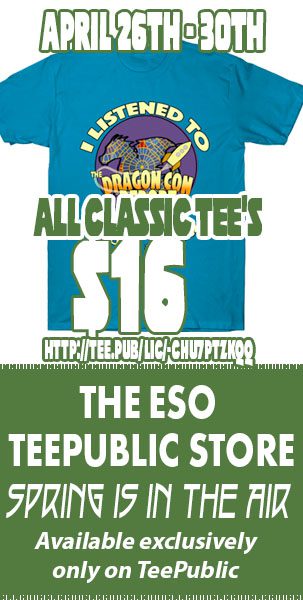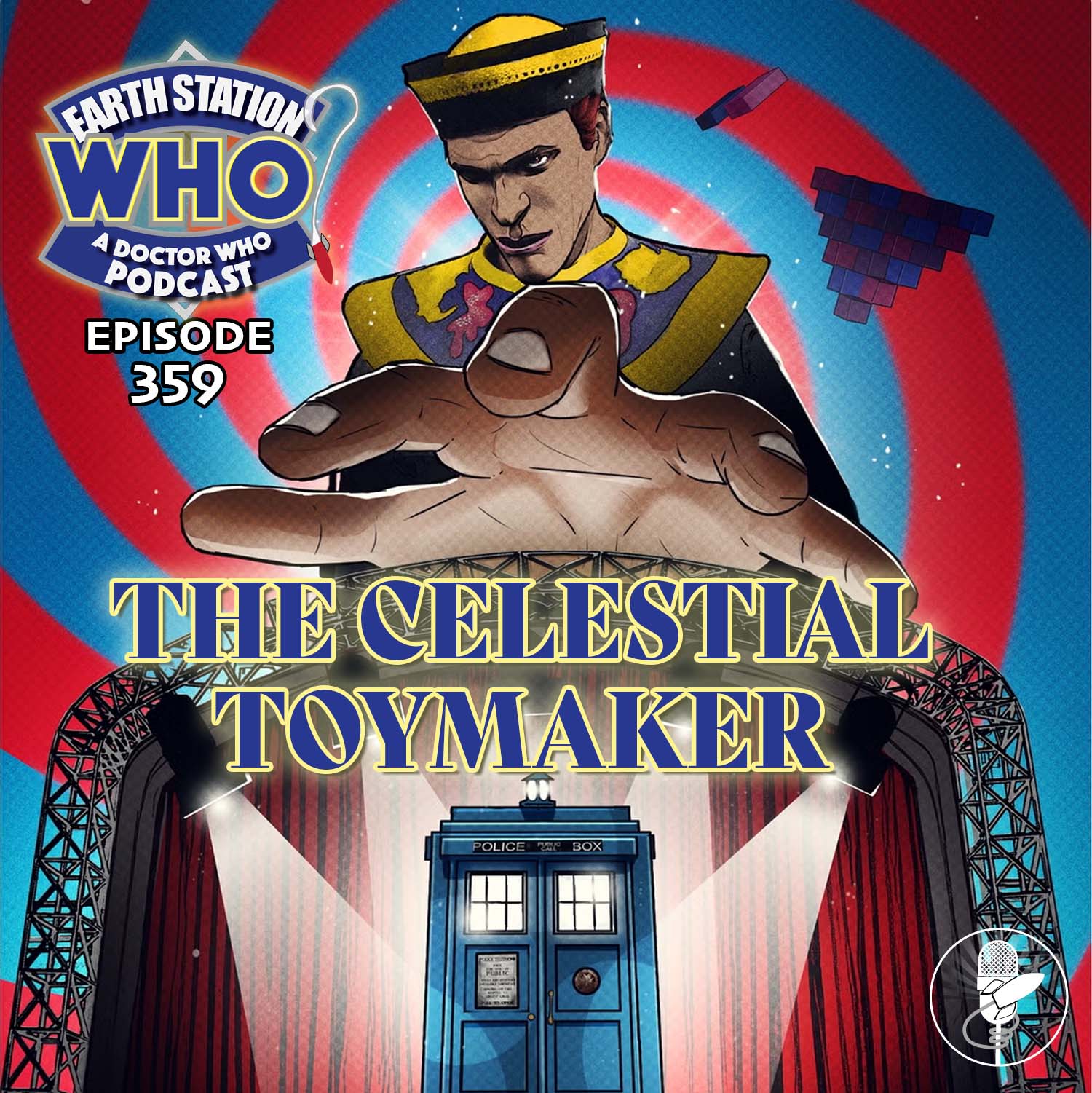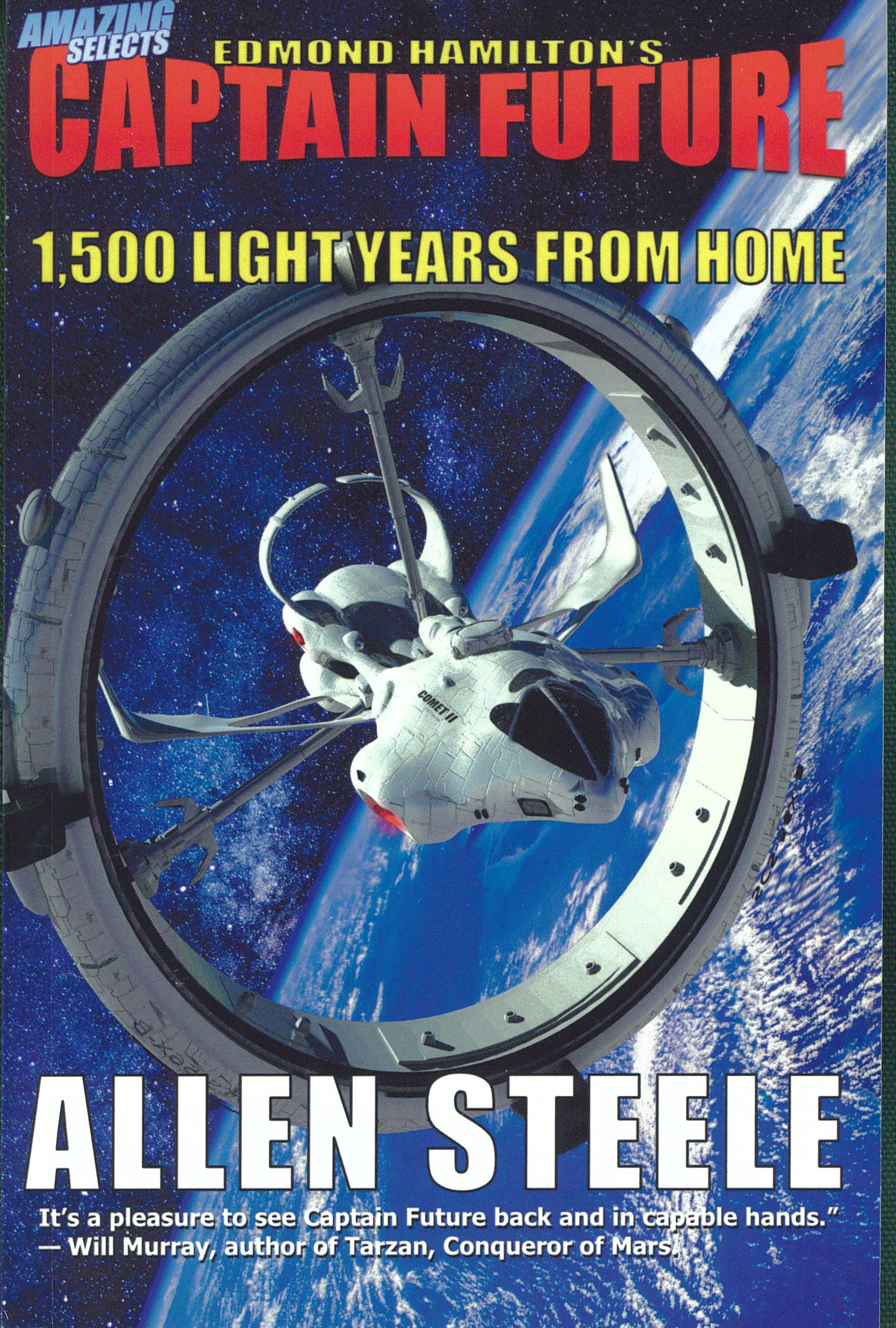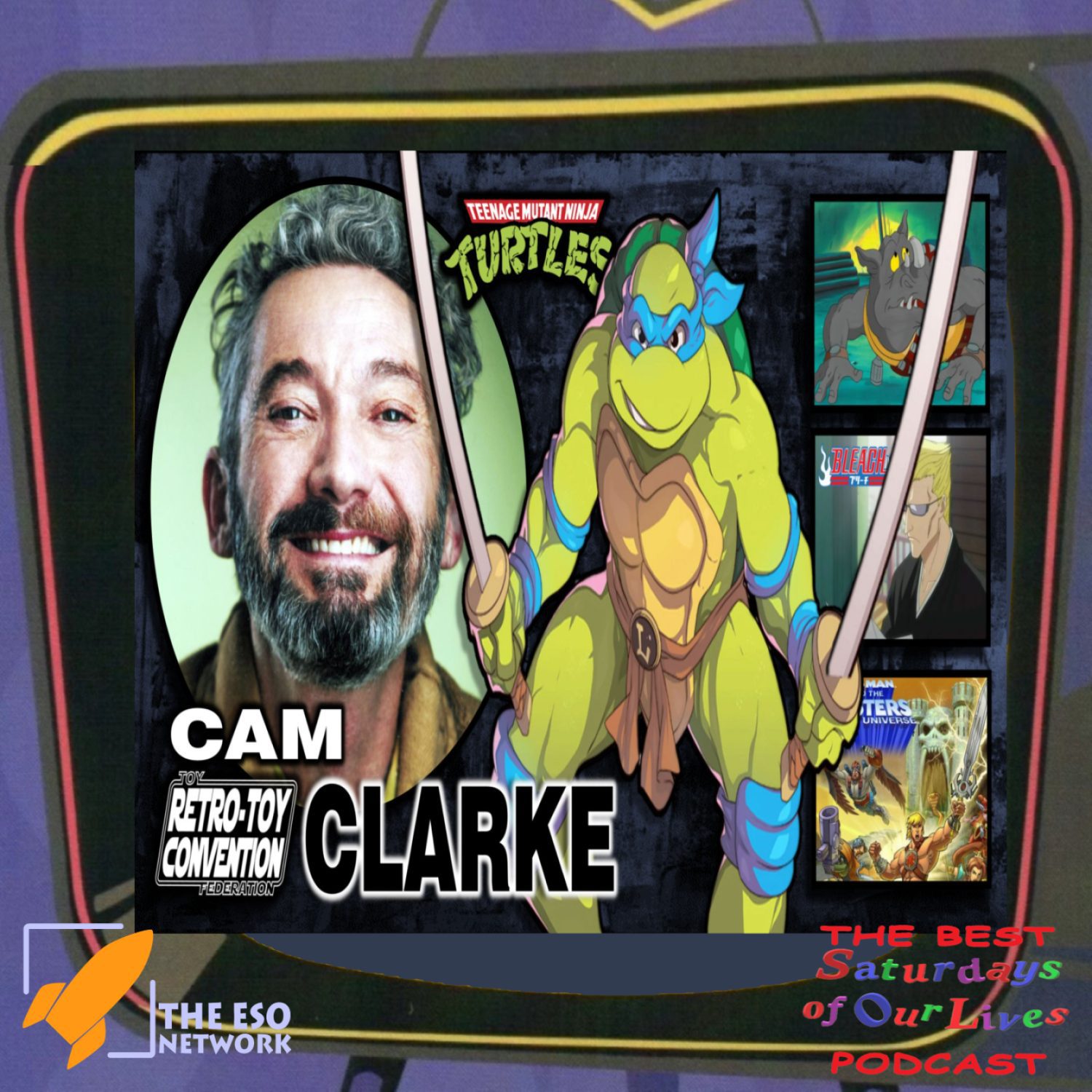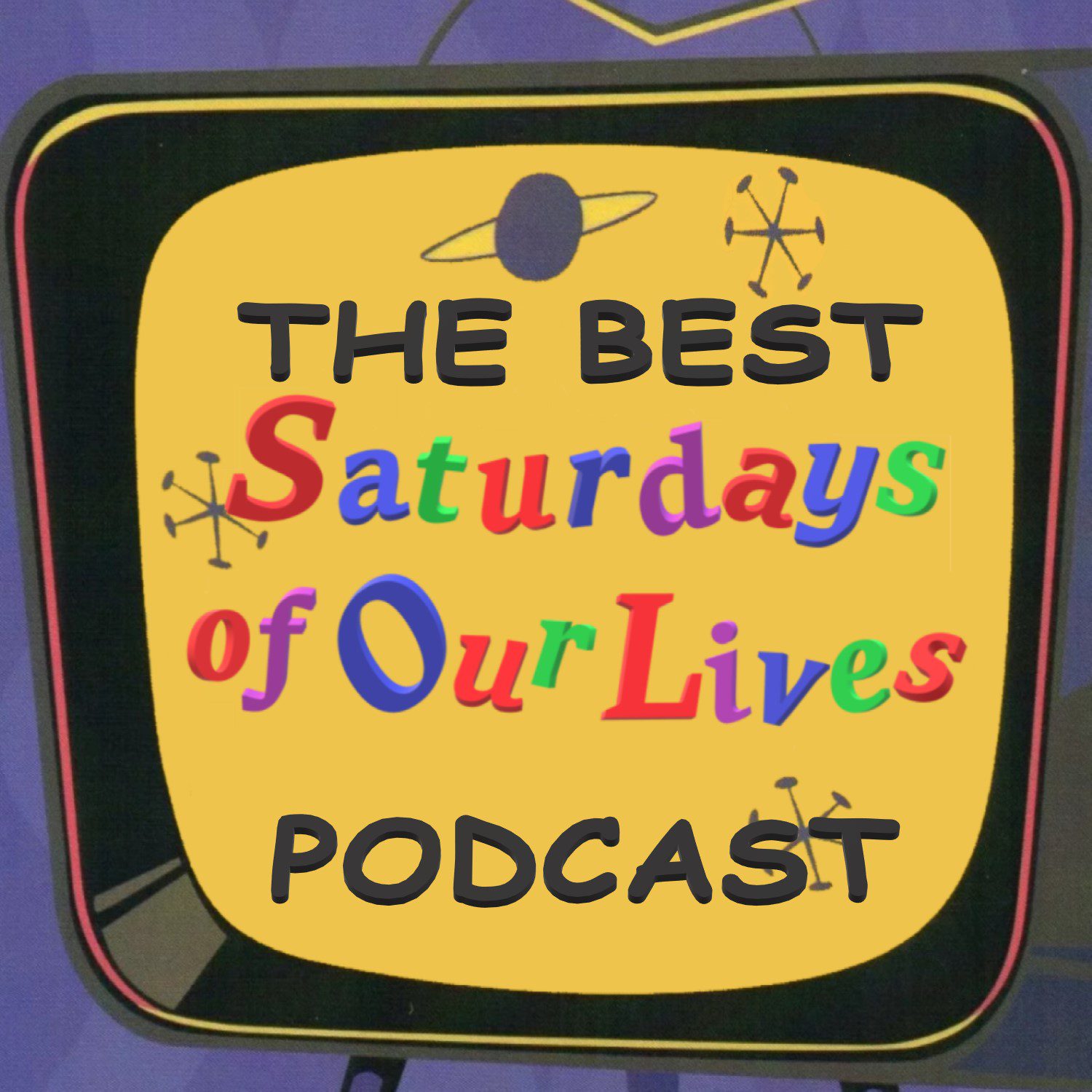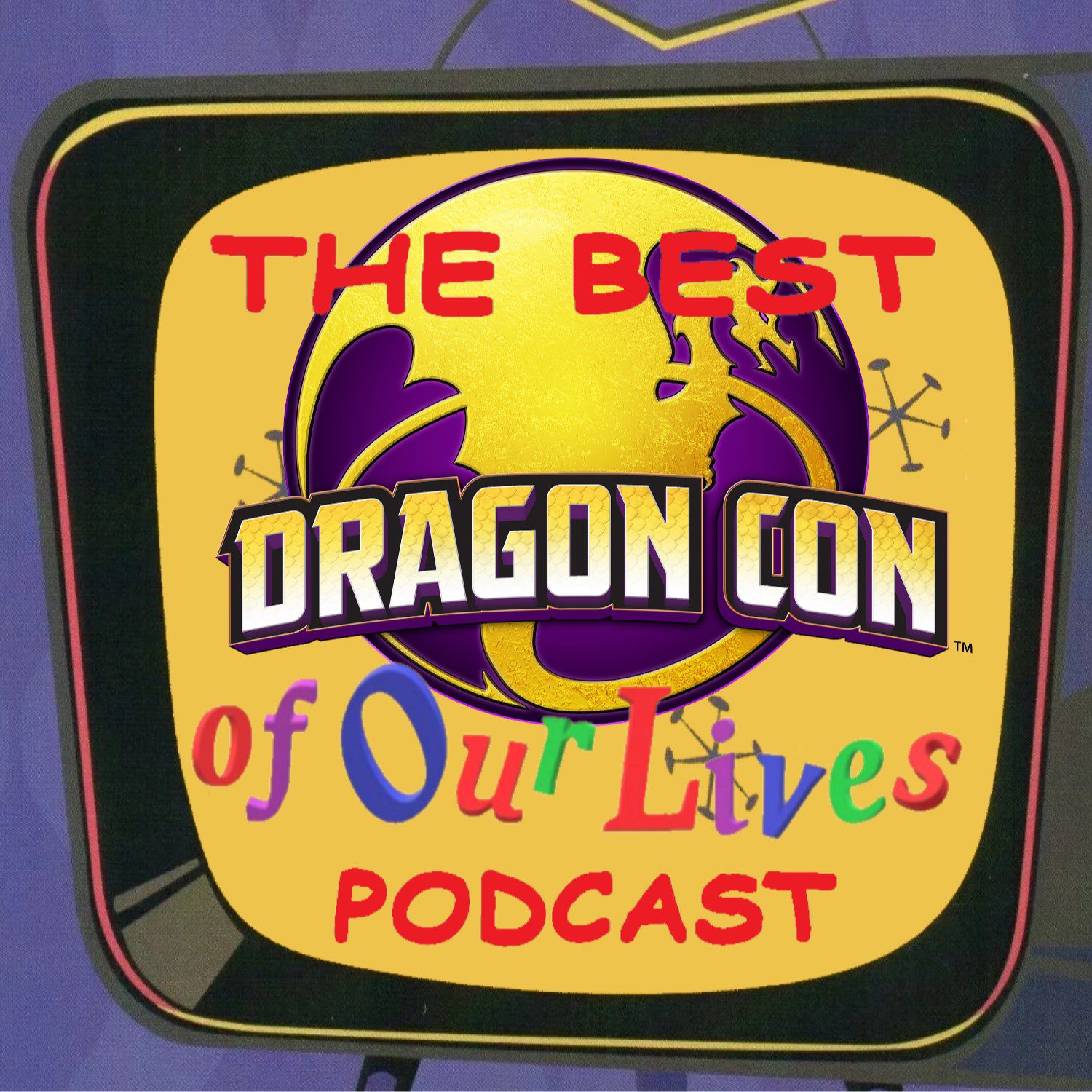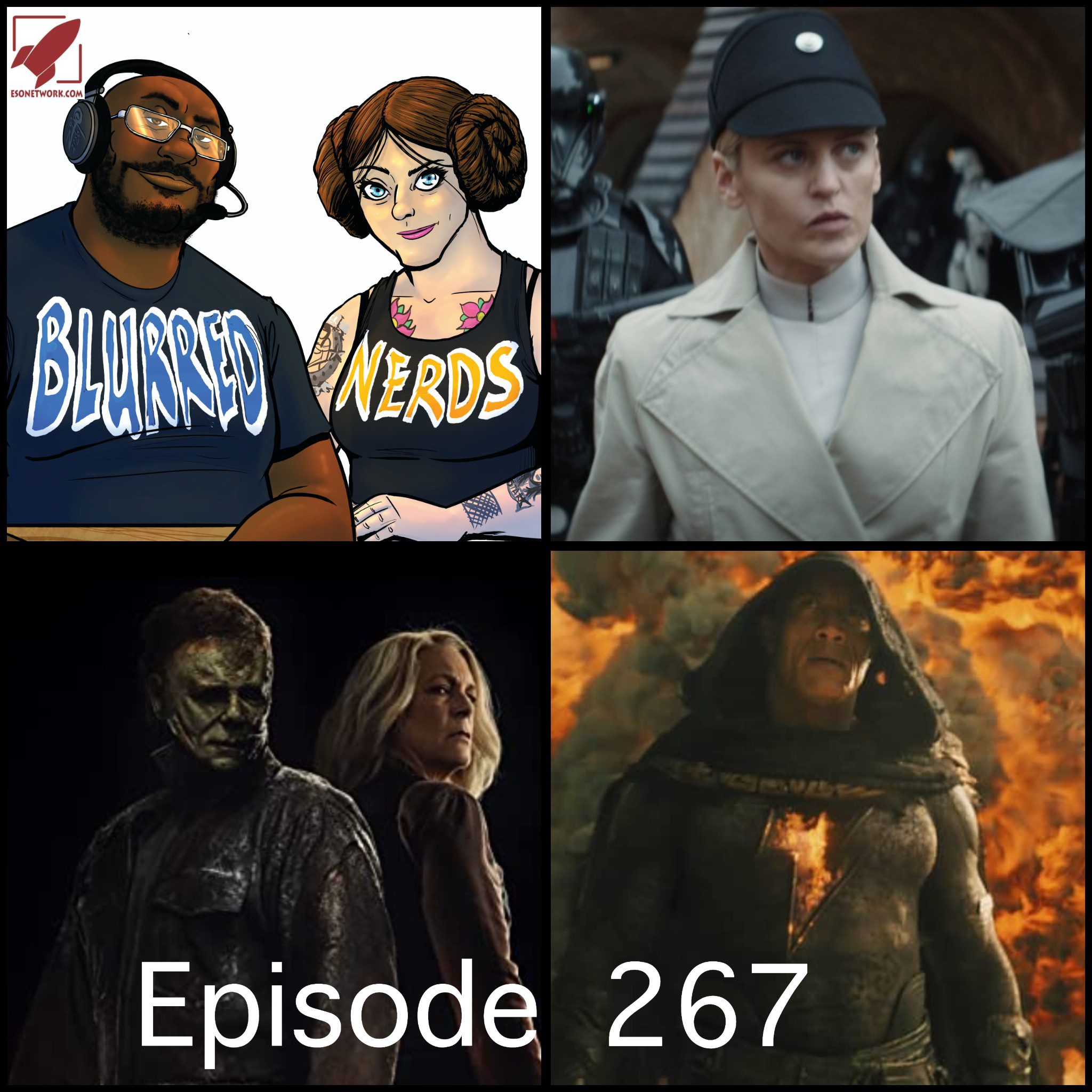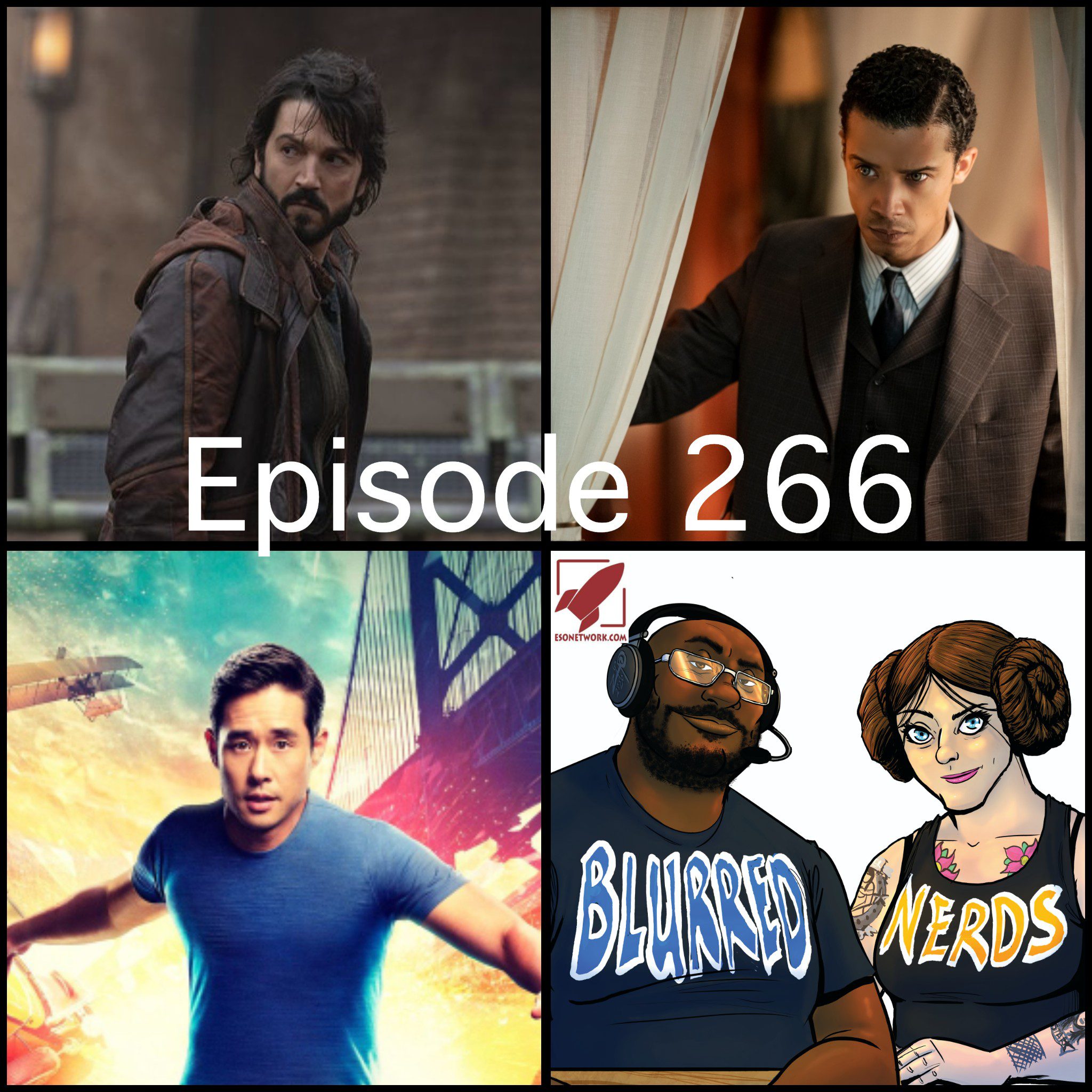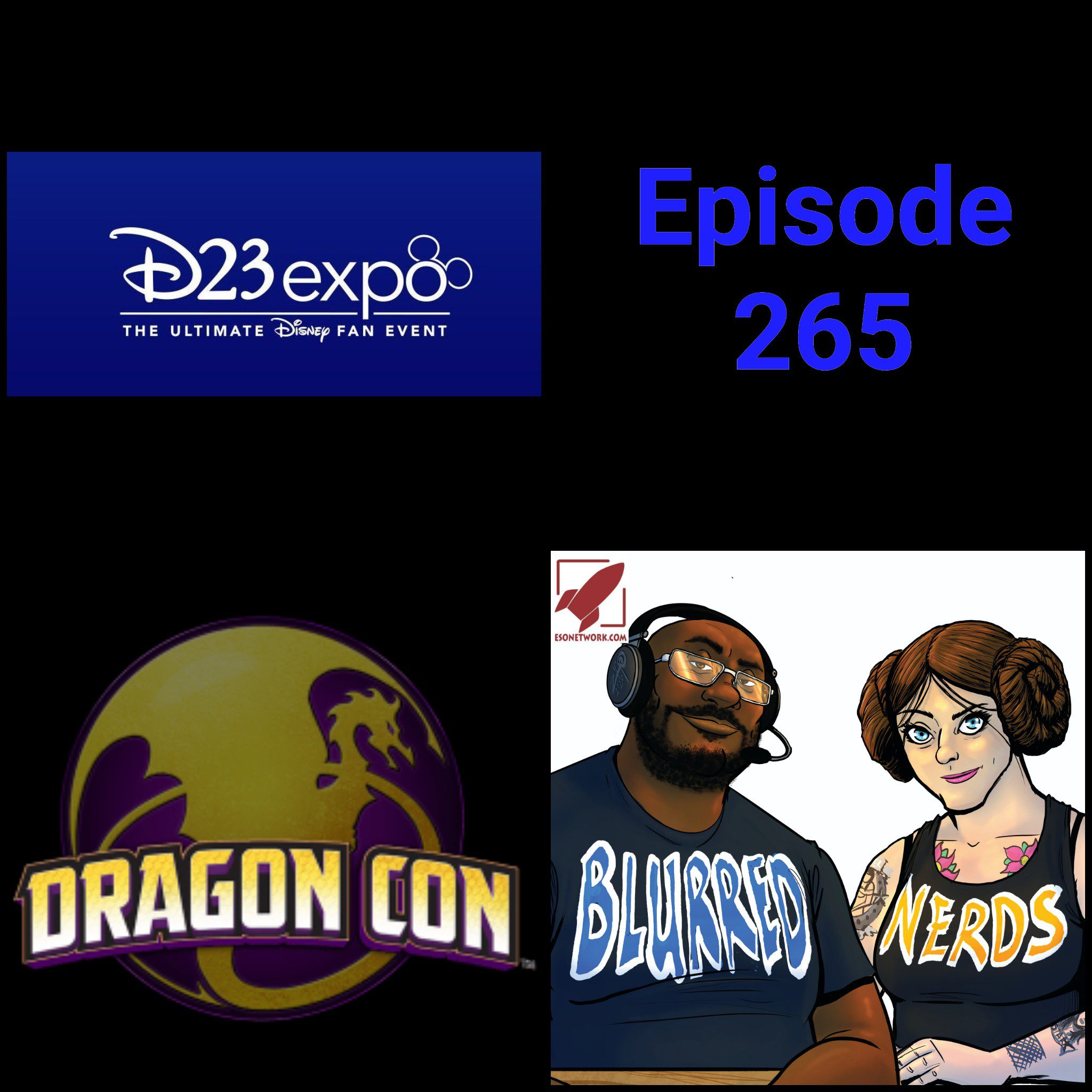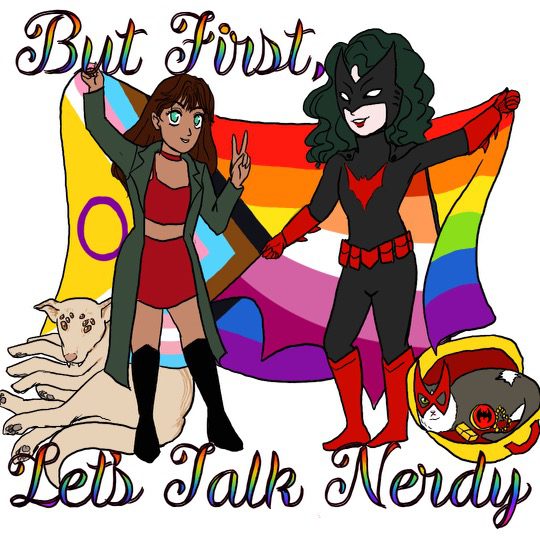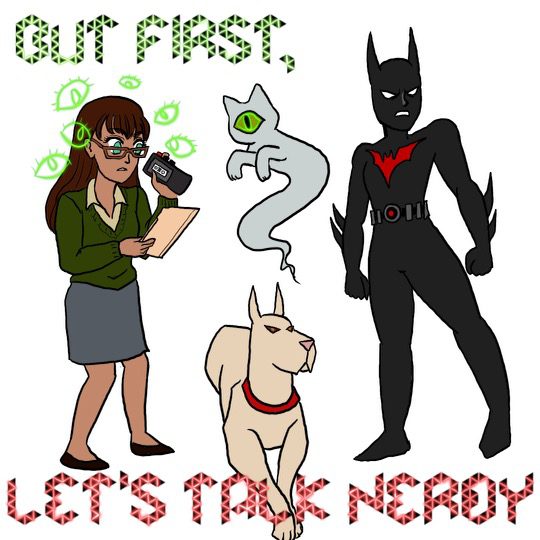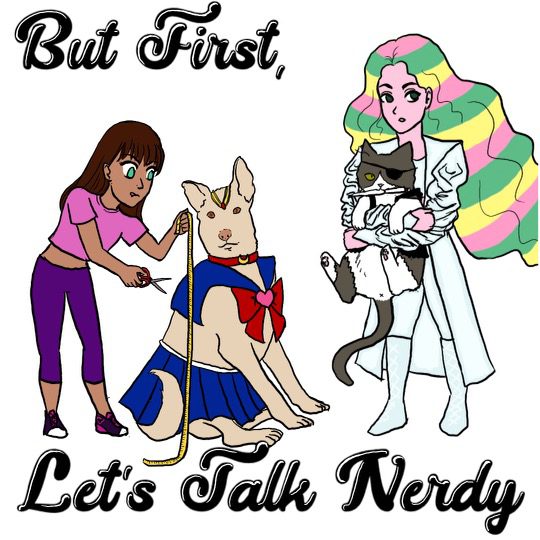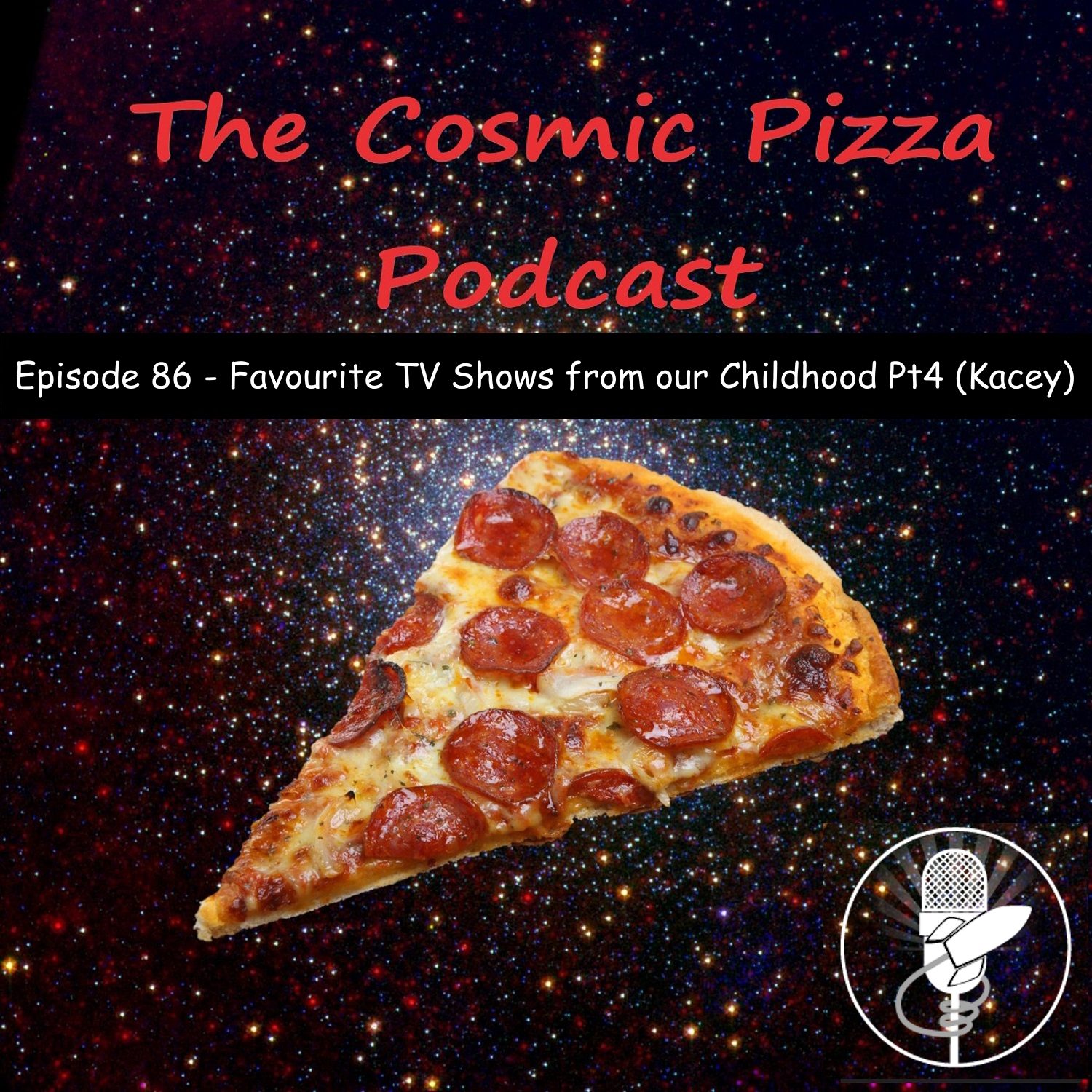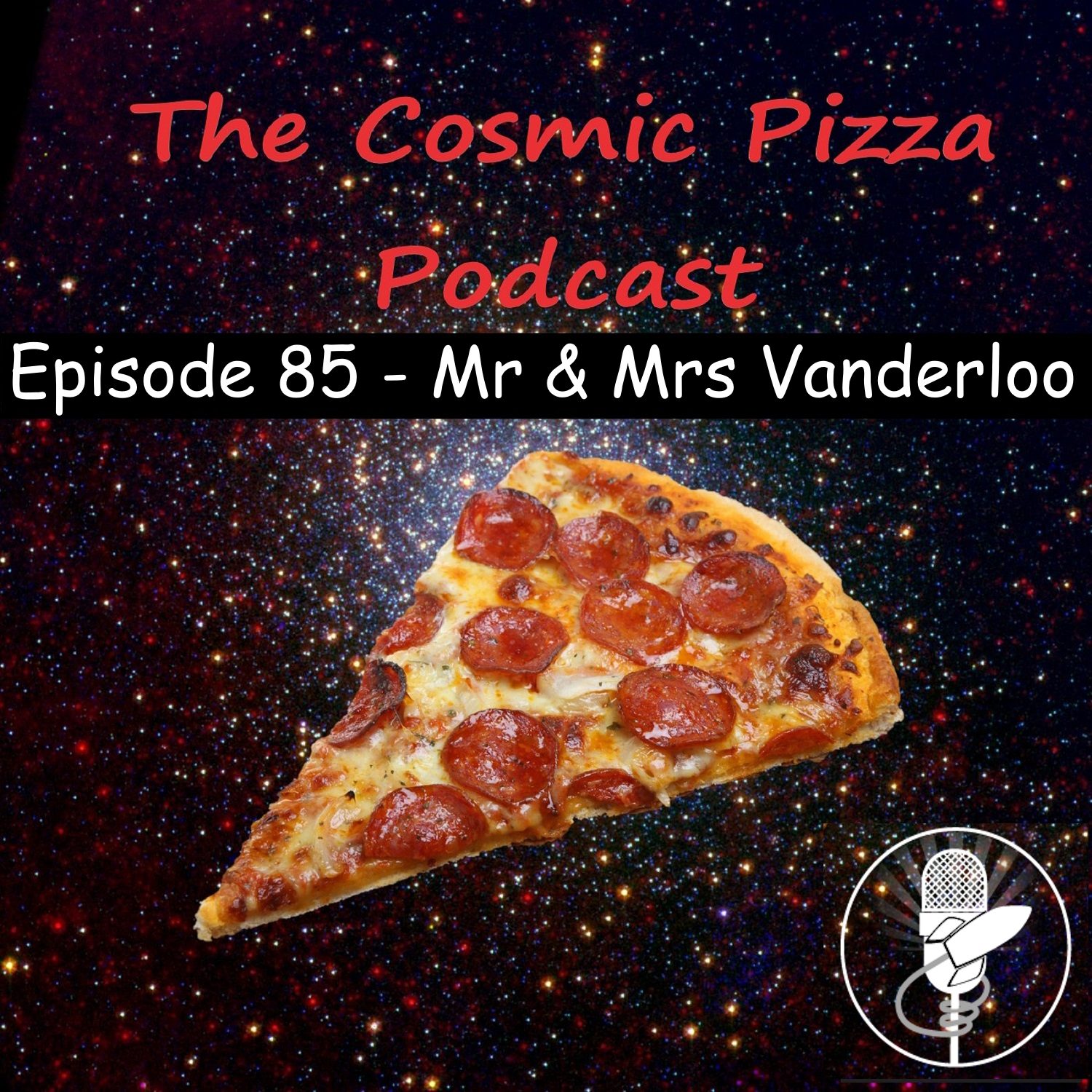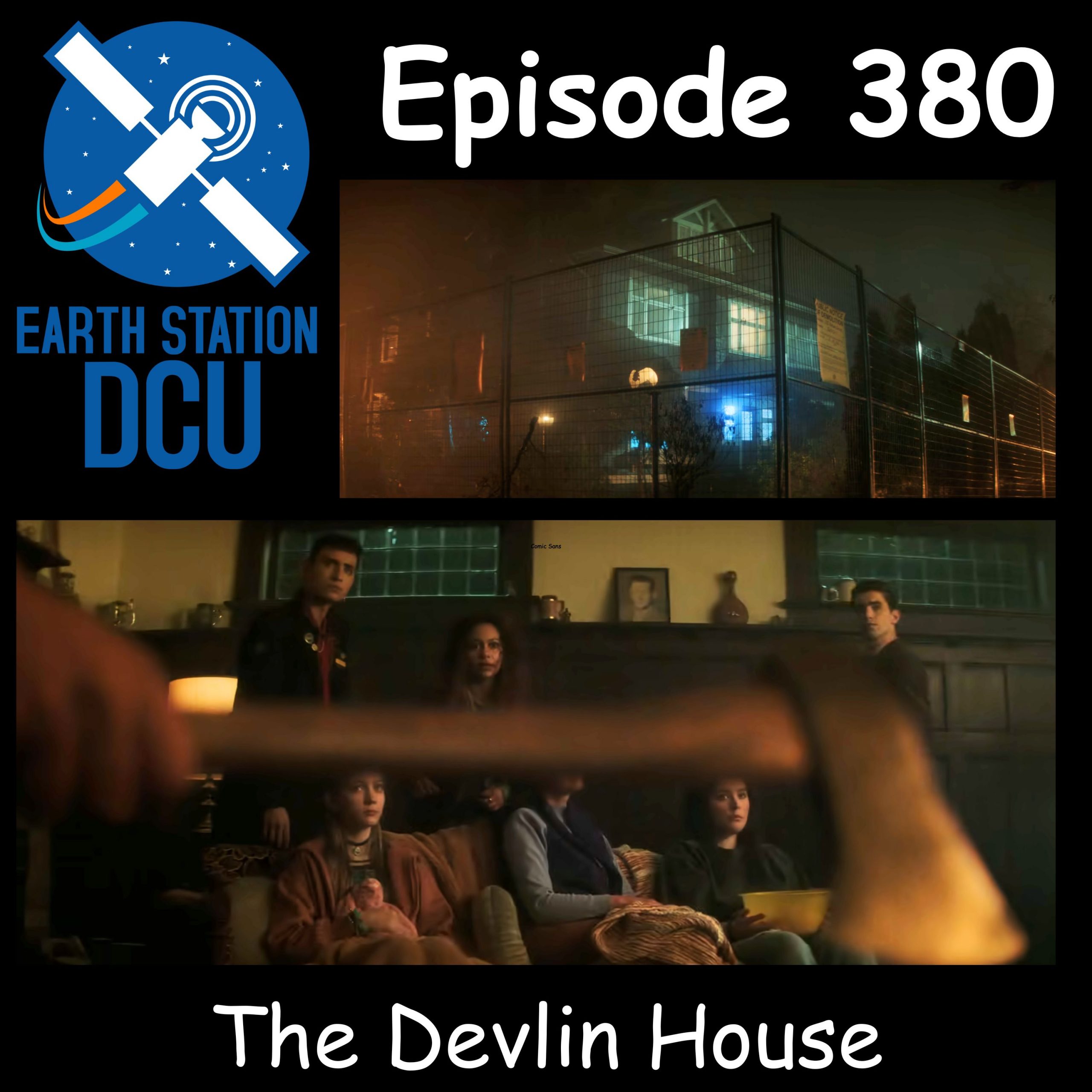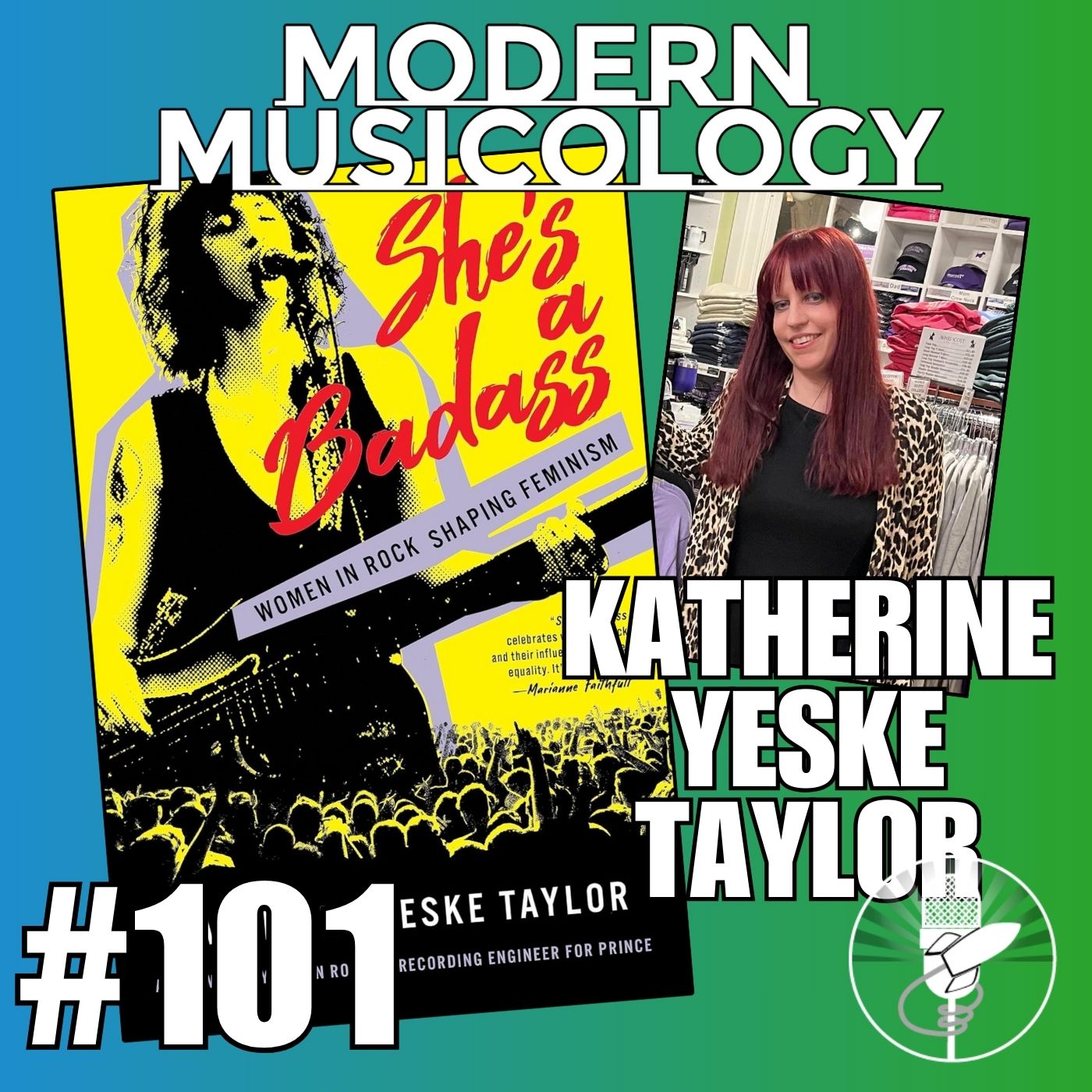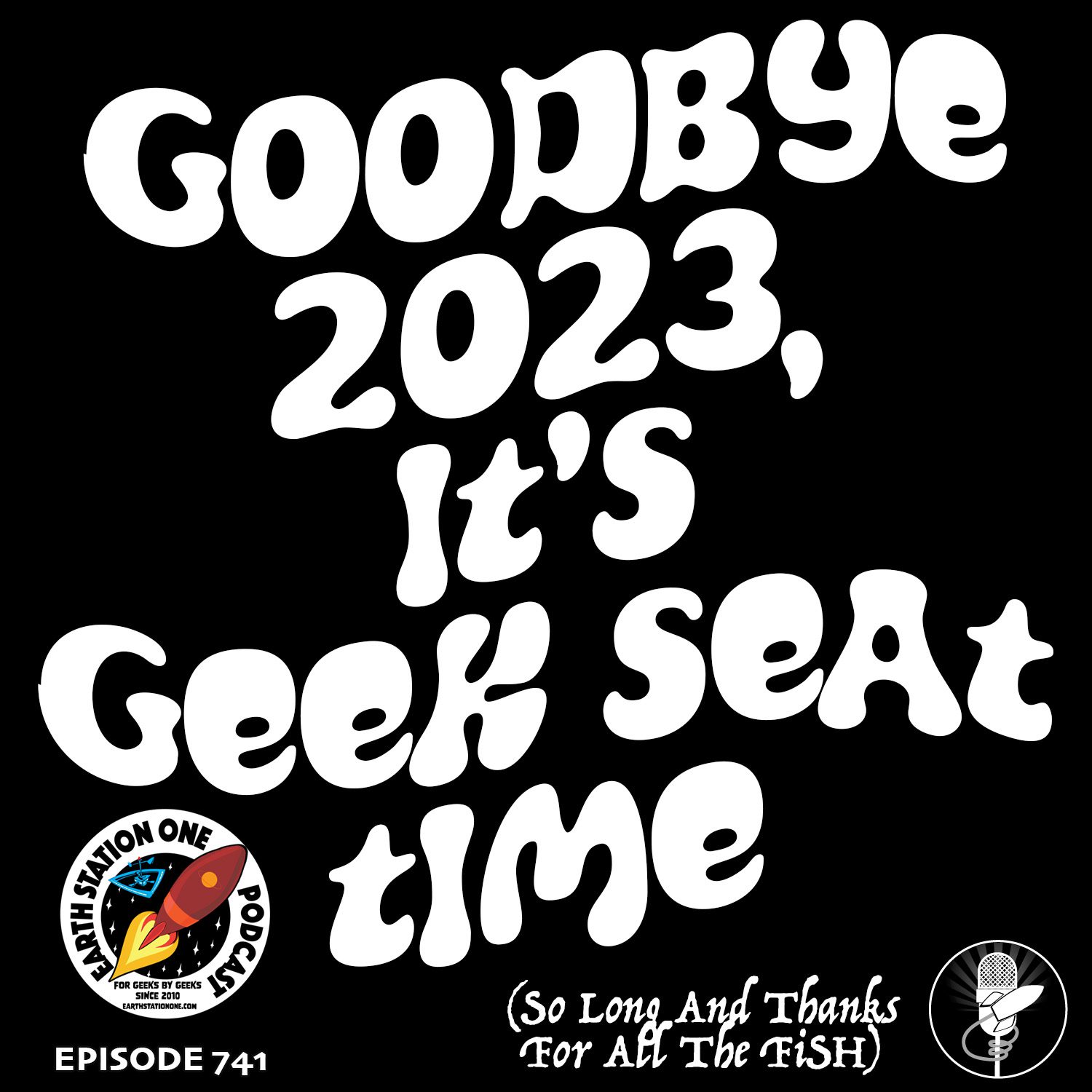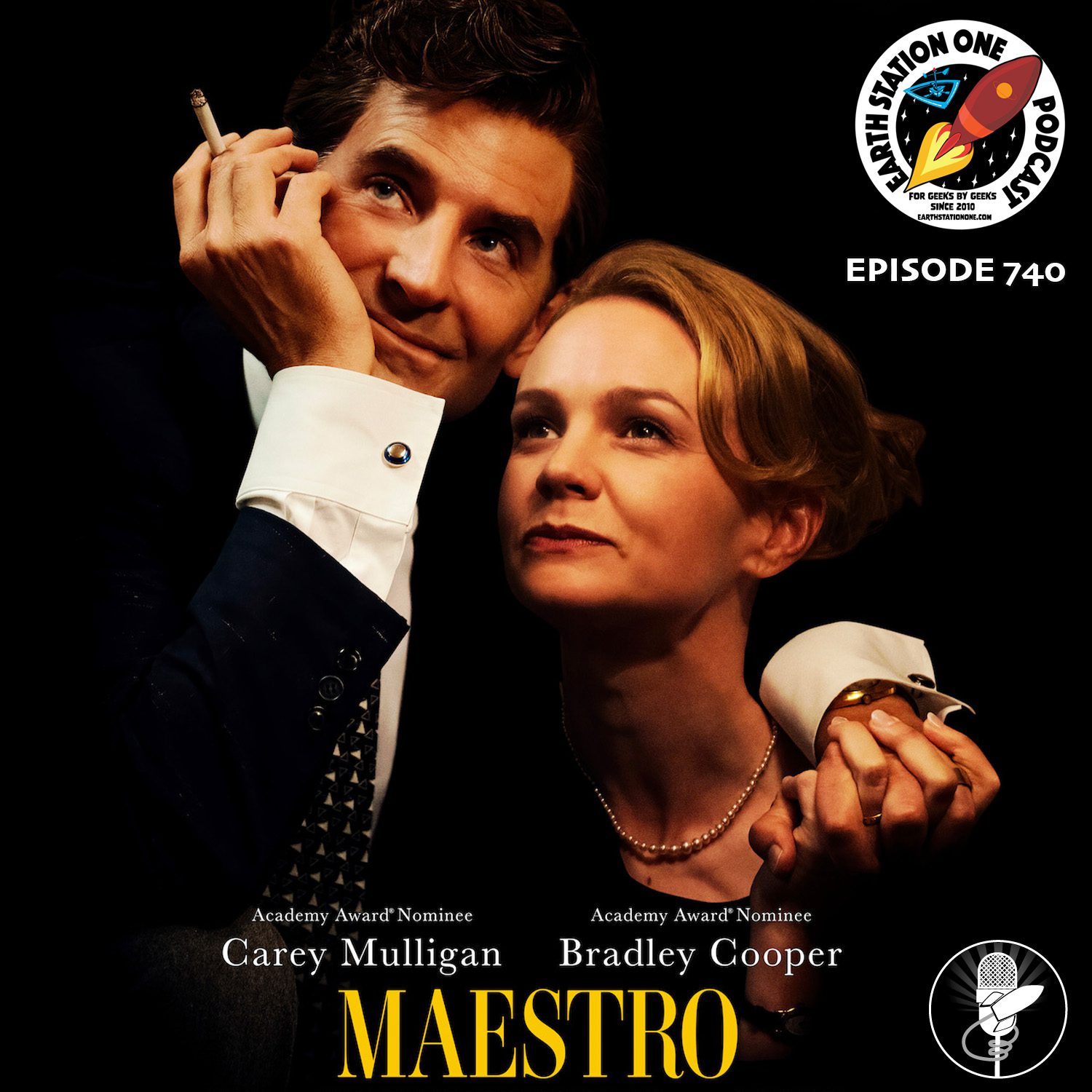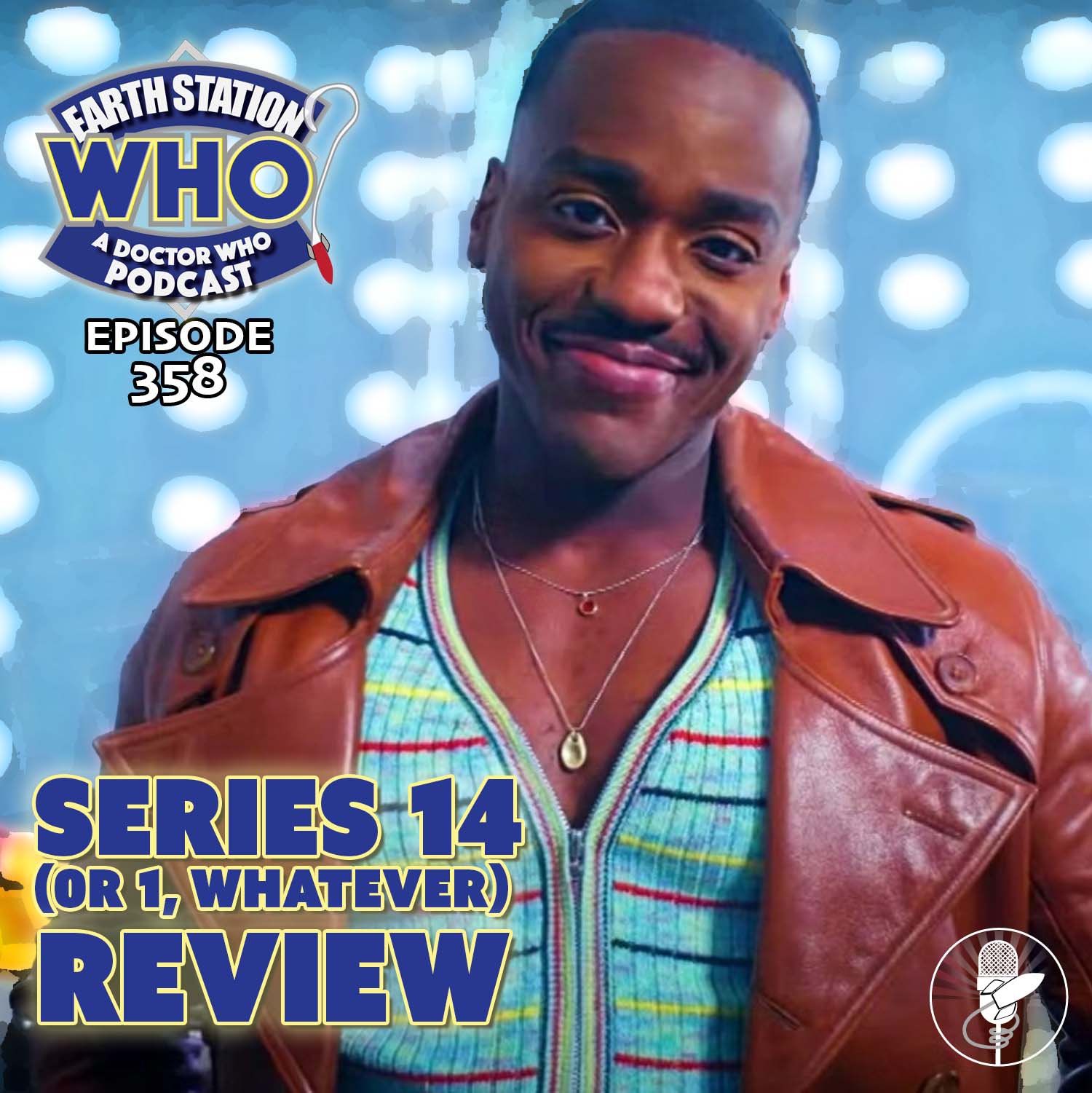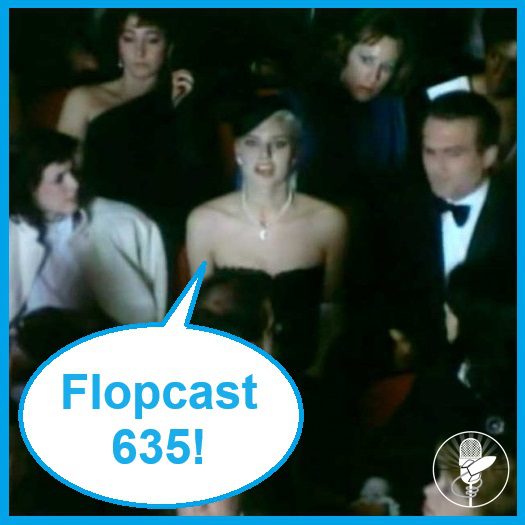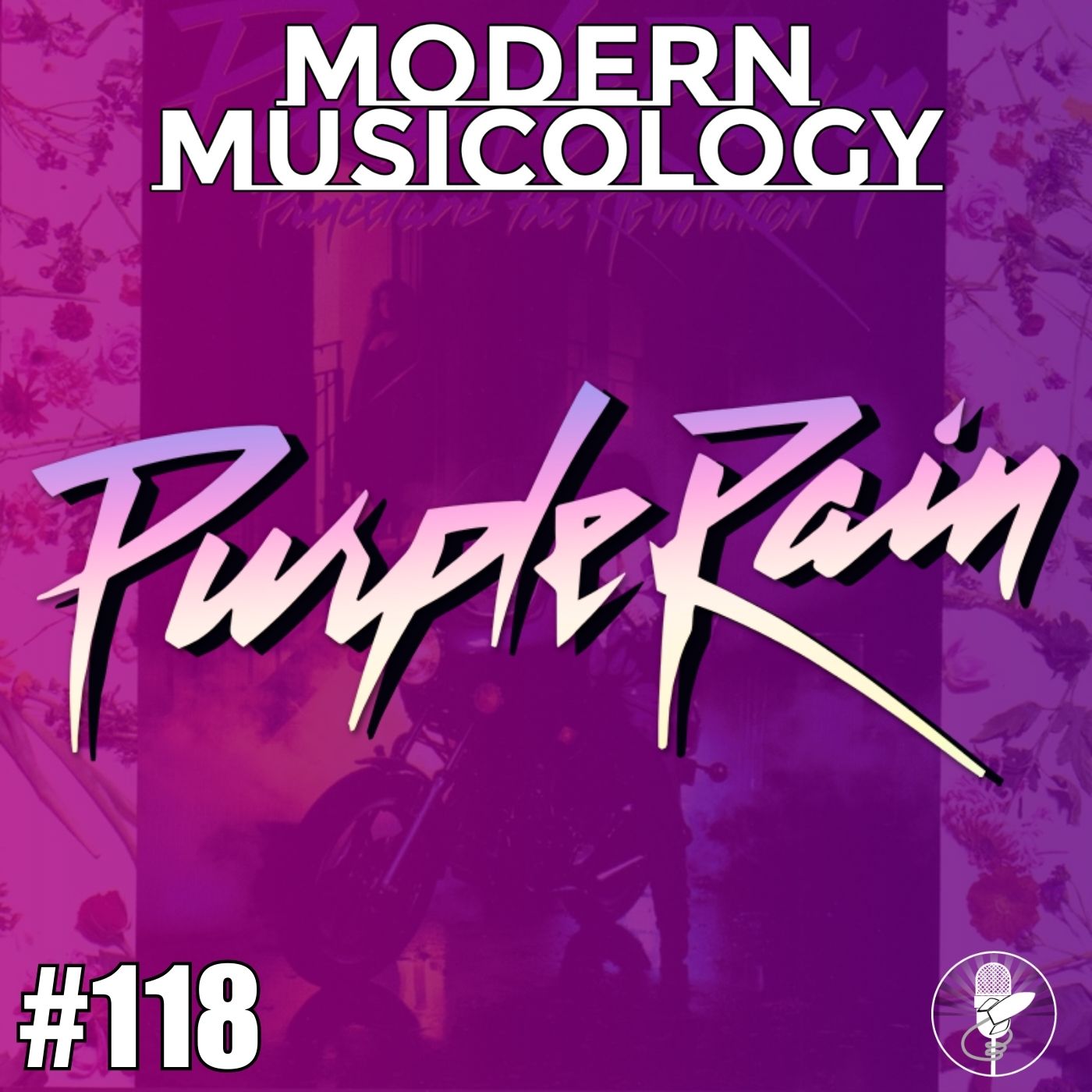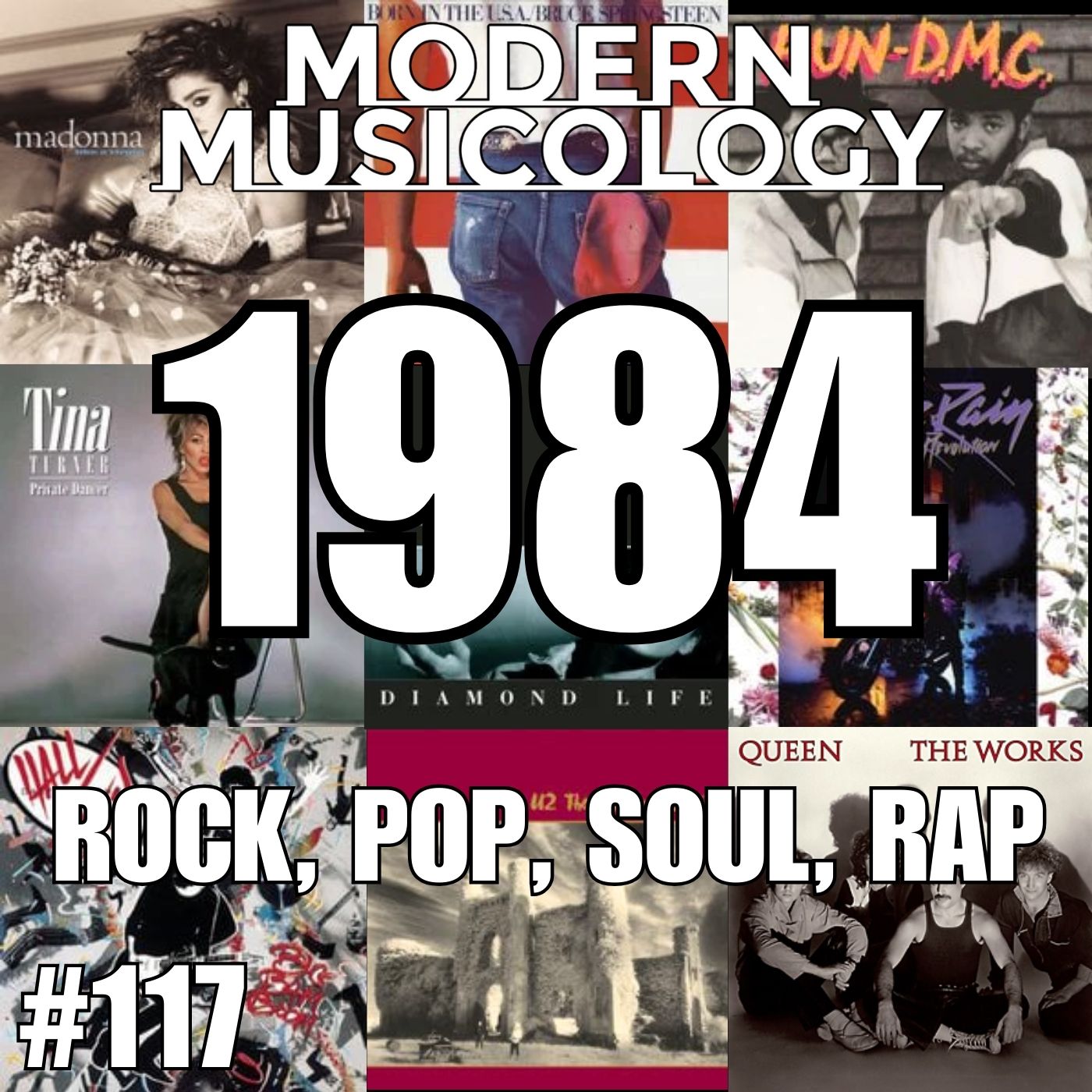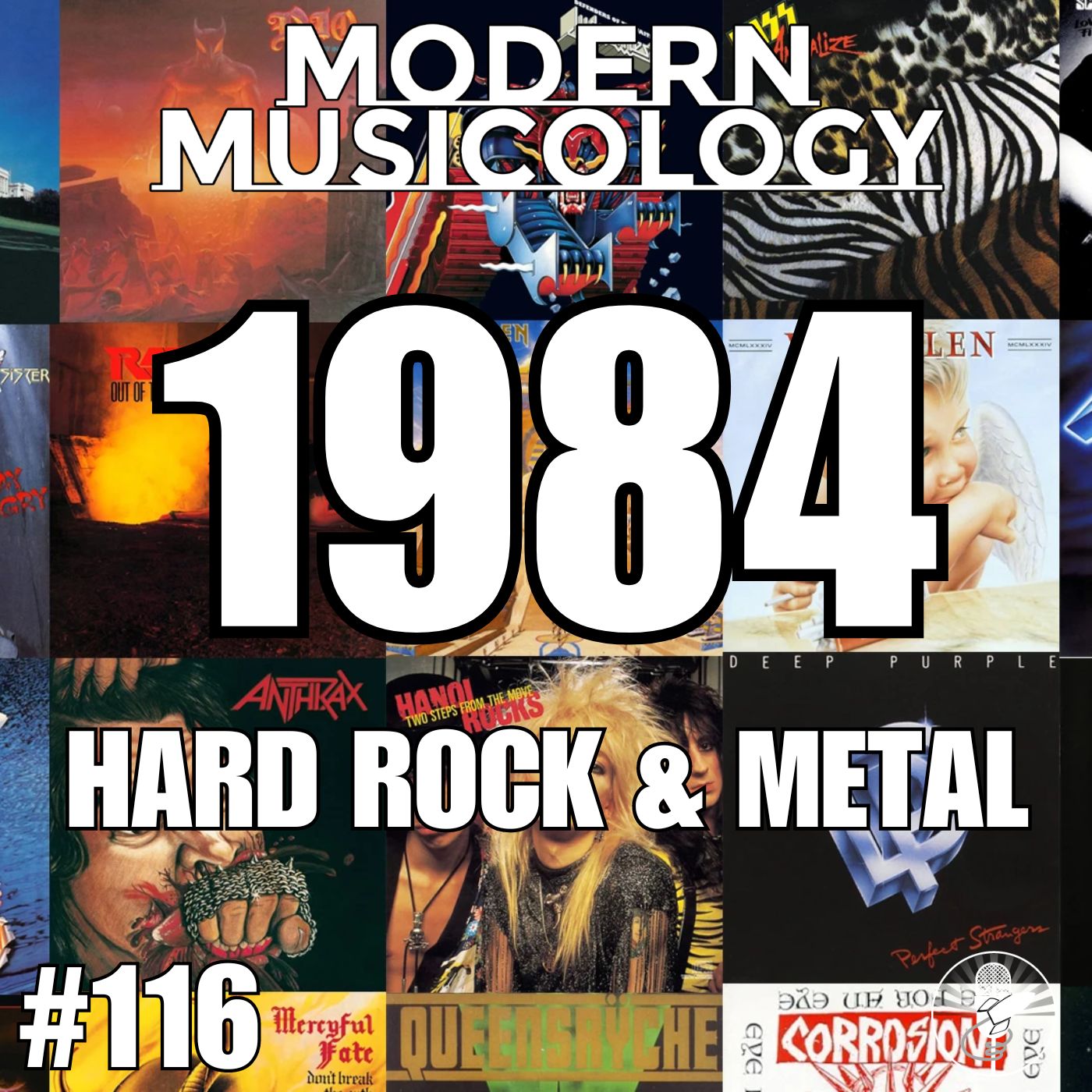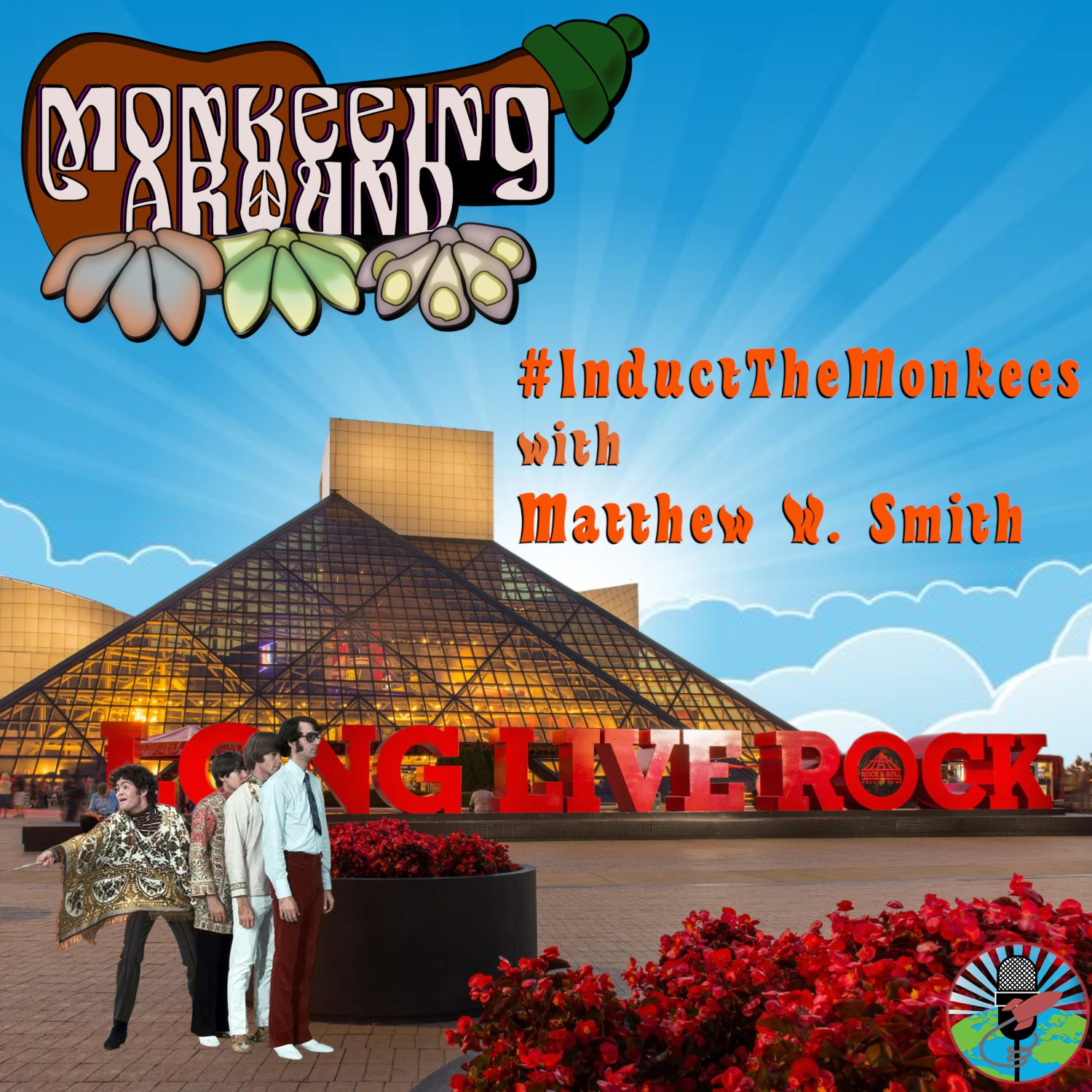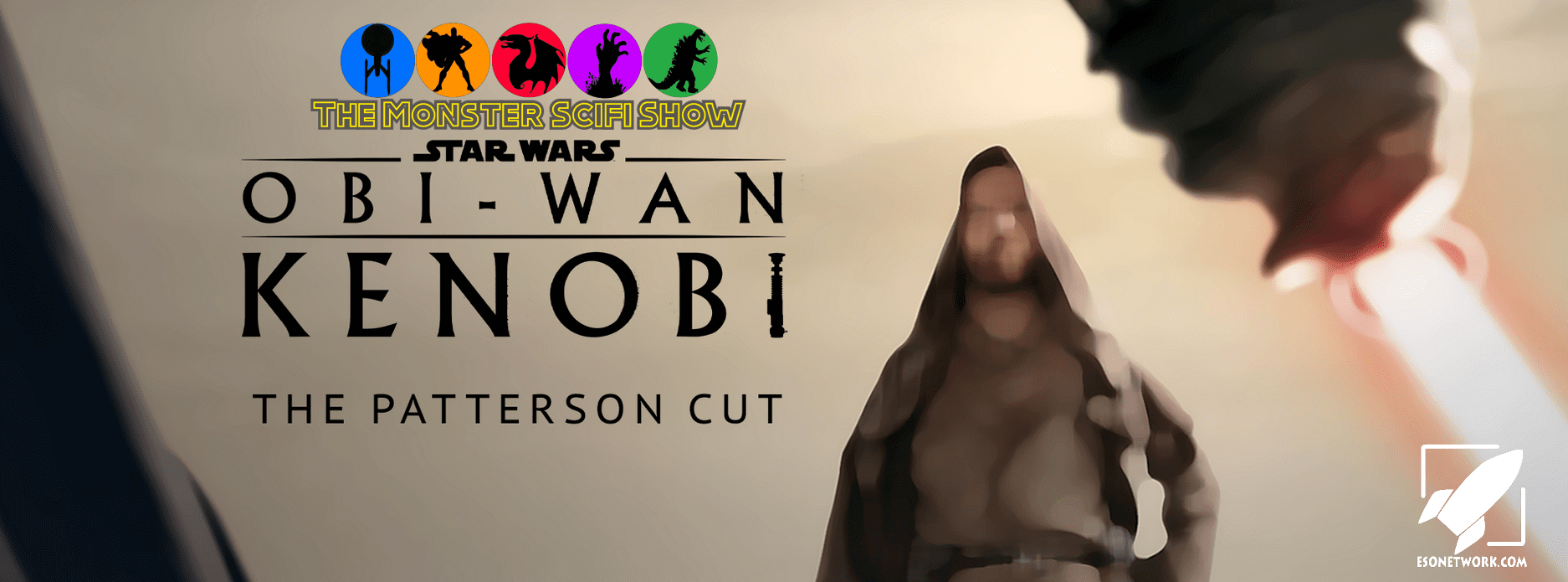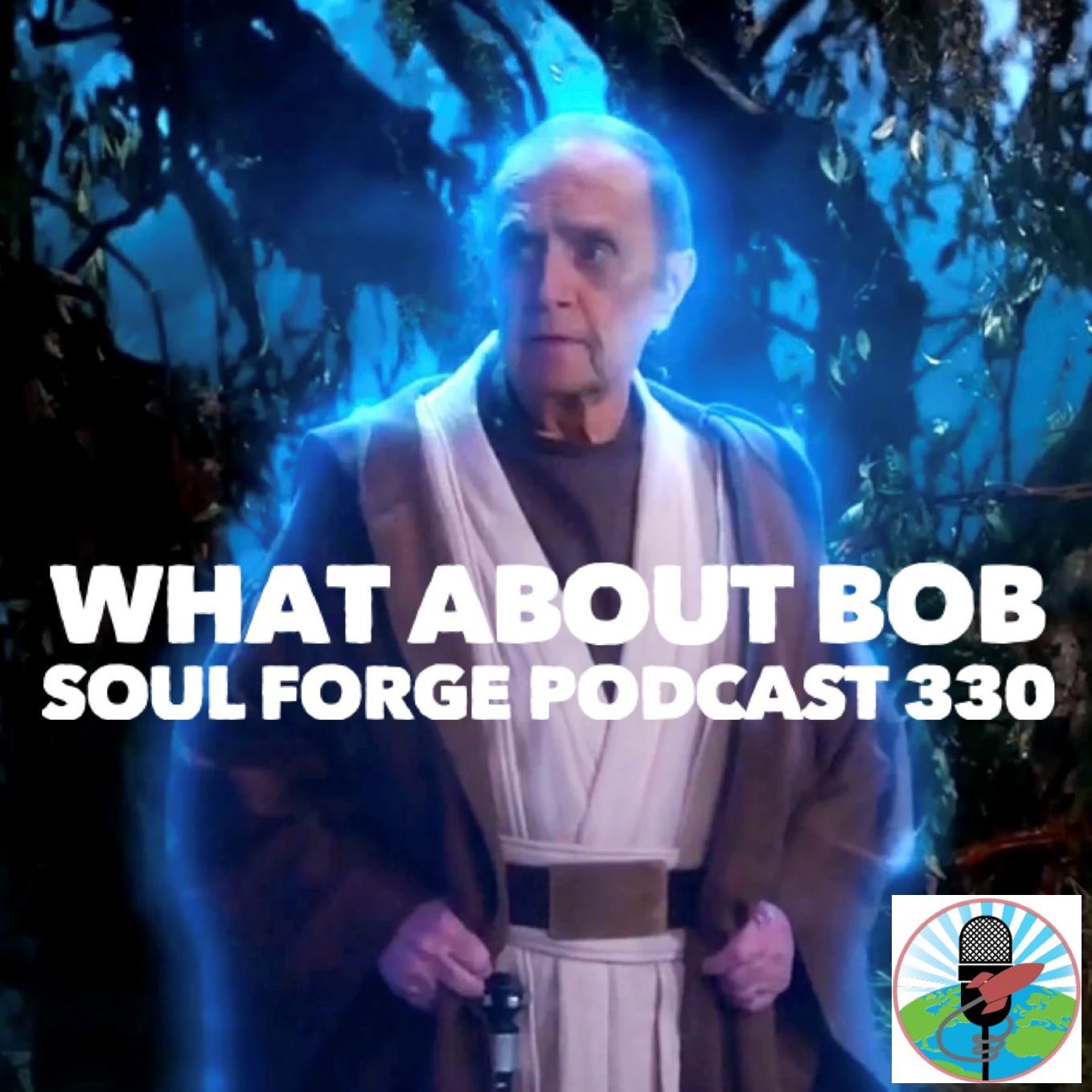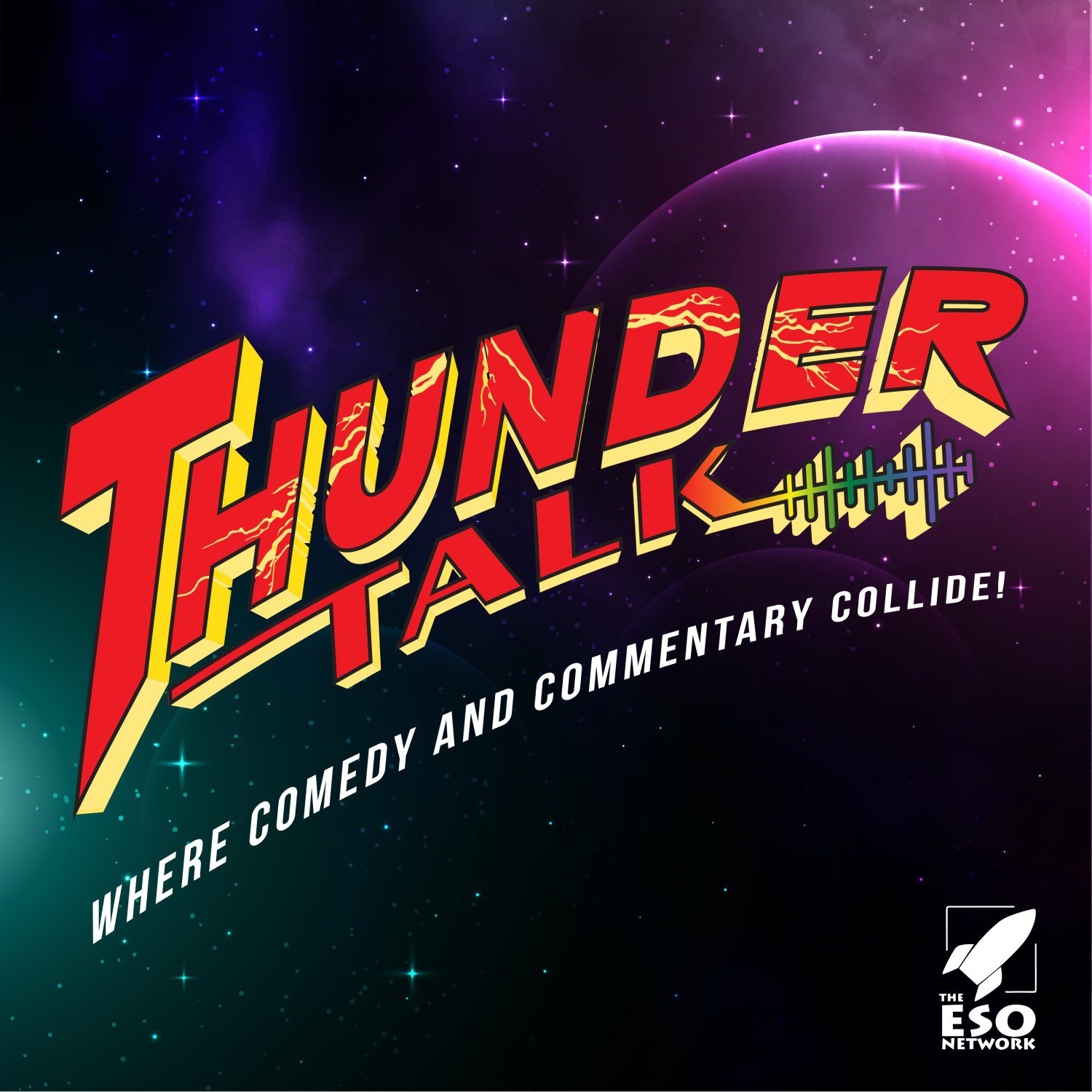By now you’ve probably read a summary of actor Seth Rogen’s much-discussed thoughts on negative film reviews, or at least heard about the heated debate those comments have sparked.
Rogen’s comments were shared with entrepreneur Steven Bartlett on the “Diary of a CEO” podcast, and I’ve been thinking over them ever since I discovered the interview.
“I think if most critics knew how much it hurt the people that made the things that they are writing about, they would second-guess the way they write these things,” Rogen said. “It’s devastating. I know people who never recover from it, honestly — years, decades of being hurt by [film reviews]. … That’s something that people carry with them literally their entire lives, and I get why.”
Of course, in true social media fashion, people started claiming that “well, Seth Rogen must think critics need to stop writing any kind of negative review,” but that’s not strictly what the quote says. To me, the all-important phrase is the way they write these things. Do reviewers — and, perhaps just as importantly, fans in online discussion spaces — need to be more careful about the way they wield their keyboards? Or is Seth Rogen ignoring his own privilege that comes from being a wealthy Hollywood star and what he really needs is a reality check?
Personally, I think Rogen has a point about reining in the mean-spirited tone that’s pervading pop culture discussion, but to balance that, reviews of artistic works — whether those reviews are positive or negative — are an important part of nuanced, meaningful discussion.
I’m under no delusions that any famous people have ever read one of my reviews, but still, I try to put the same level of care and craftsmanship into them that I used to put into every article when I was working as a journalist for a newspaper. I wanted my articles to 1) Be accurate; 2) Well researched; and 3) Fair, balanced, and thoughtful.
For me, when I’m writing a review of a movie or TV show, I try to give every story I experience a fair chance. If I loved it and simply want to gush about it (example: the way I fell madly in love with Denis Villeneuve’s Dune), I will do that. If it’s a movie I disliked (example: Joss Whedon’s Justice League), I’ll be honest about that but try not to be demeaning, mentioning a few things I did like, if possible. Many times, my thoughts on a movie will fall somewhere in the middle. With the last several Marvel movies — such as Doctor Strange in the Multiverse of Madness, Thor: Love and Thunder, and Ant-Man and the Wasp: Quantumania — there were things I really liked, and things I really didn’t. And I tried to talk about both those sides in my reviews.
A negative review shouldn’t just be an angry, mean-spirited rant, like many of the comments that show up beneath Facebook posts. It needs to have a purpose. Negative reviews can let people know that a movie or TV show may not be for them, and criticisms can inspire deeper discussion about a film. As always, it’s important to remember that a negative review doesn’t mean a movie is objectively “bad”; it’s just one critic’s perspective, and they have a right to that perspective. Some of my favorite podcast recordings that I’ve participated in have been ones where the speakers were split in their opinions. We disagreed, and some of us offered honest criticisms of what we didn’t like. But it was never mean-spirited, and I enjoyed the rigorous debate.
I don’t think it’s healthy or realistic to call for the end of negative reviews, as long as they’re written fairly and in good faith. I would also argue that films are public works that people have paid to see, and the people who watch those films have a right to an opinion and to express that opinion in written and/or verbal form. Actors like Seth Rogen also have a right to not to engage with that content; actors should not be pressured to read negative reviews if they don’t want to.
Most of the time when I read a review, I interpret it not as a final judgment on the artistic merit of a particular work, but as food for thought that tells me something both about the film and about the author of the review. As mentioned before, the purpose of a negative review should not be to bully a director, writer, actor, etc., but to continue discussion.



